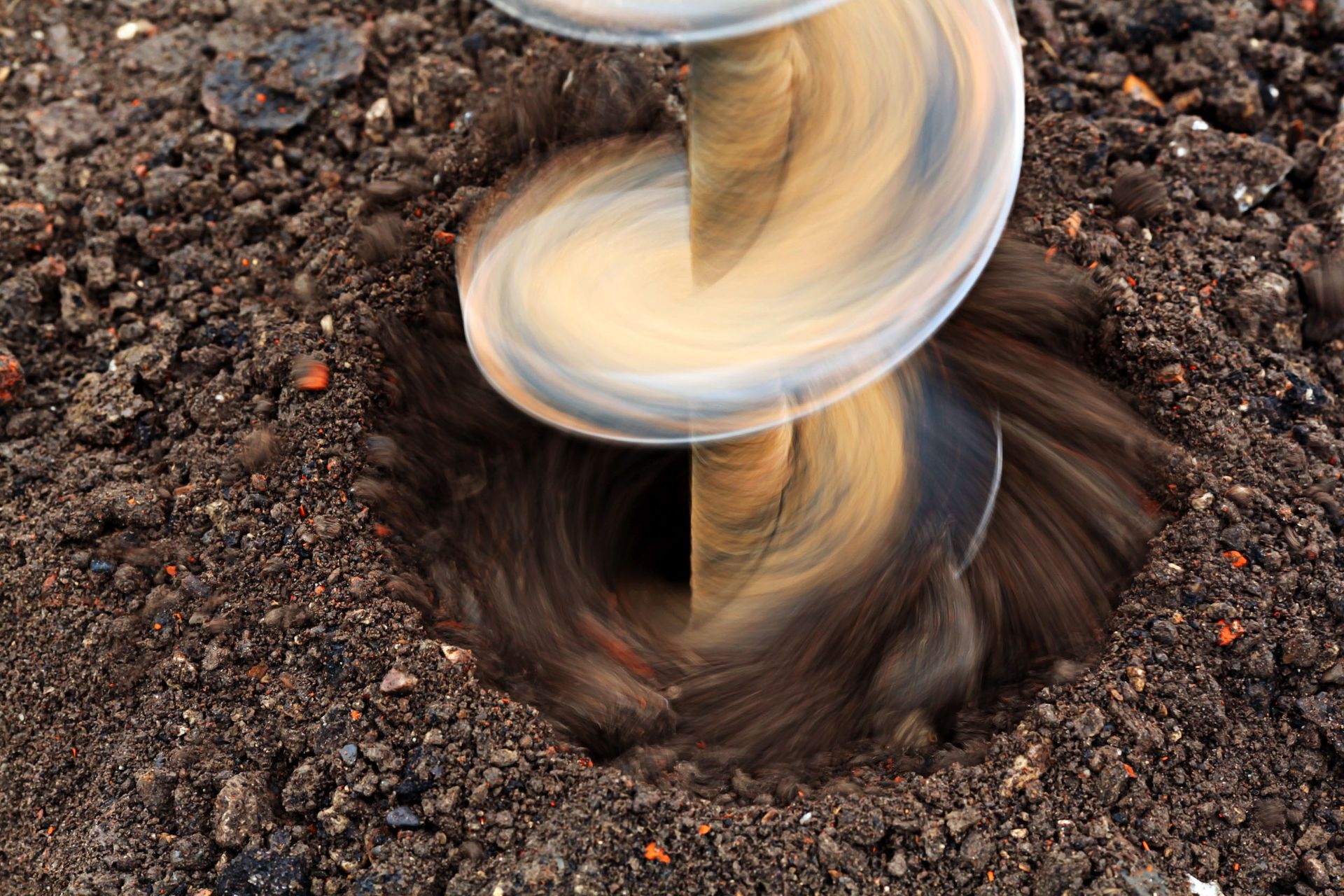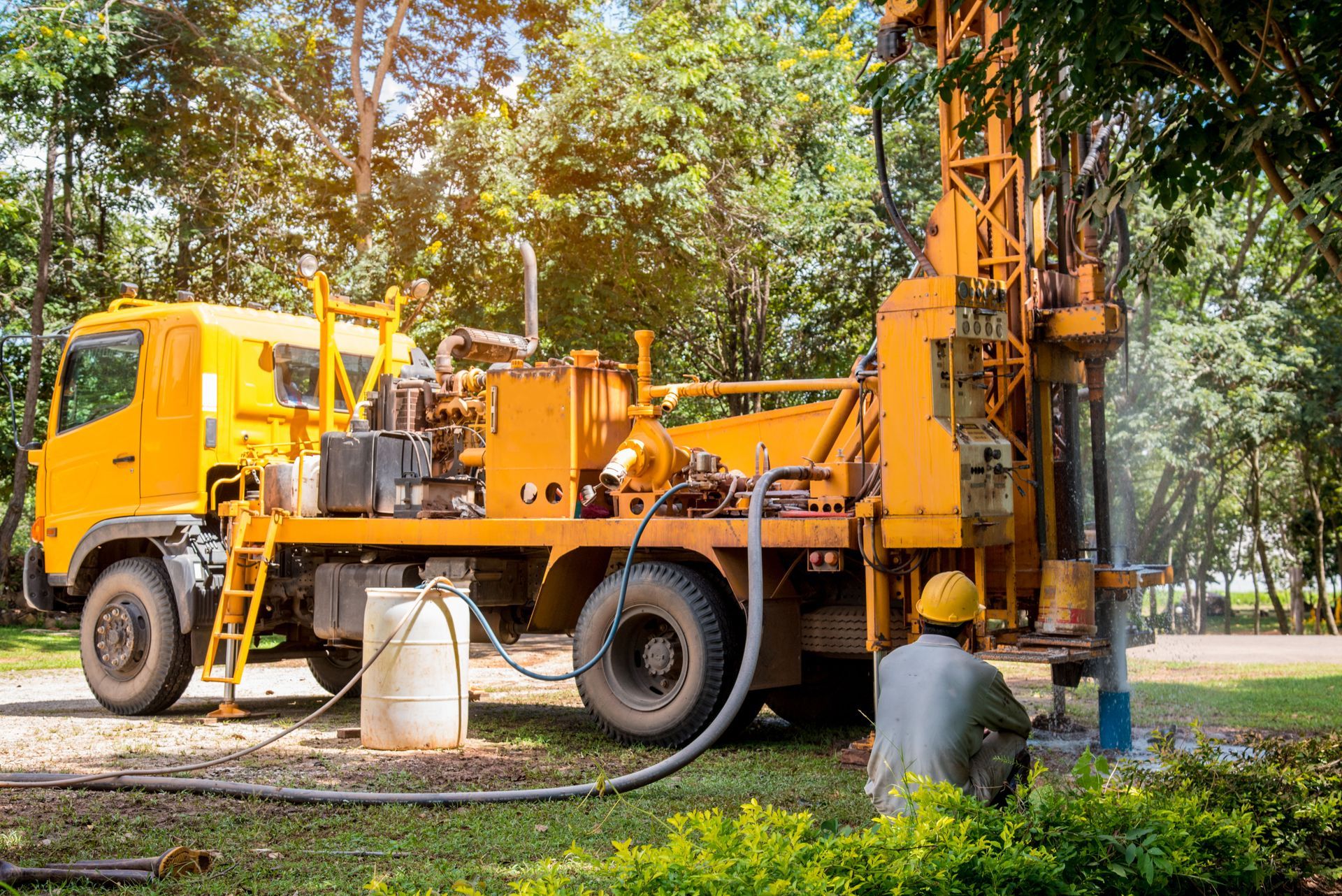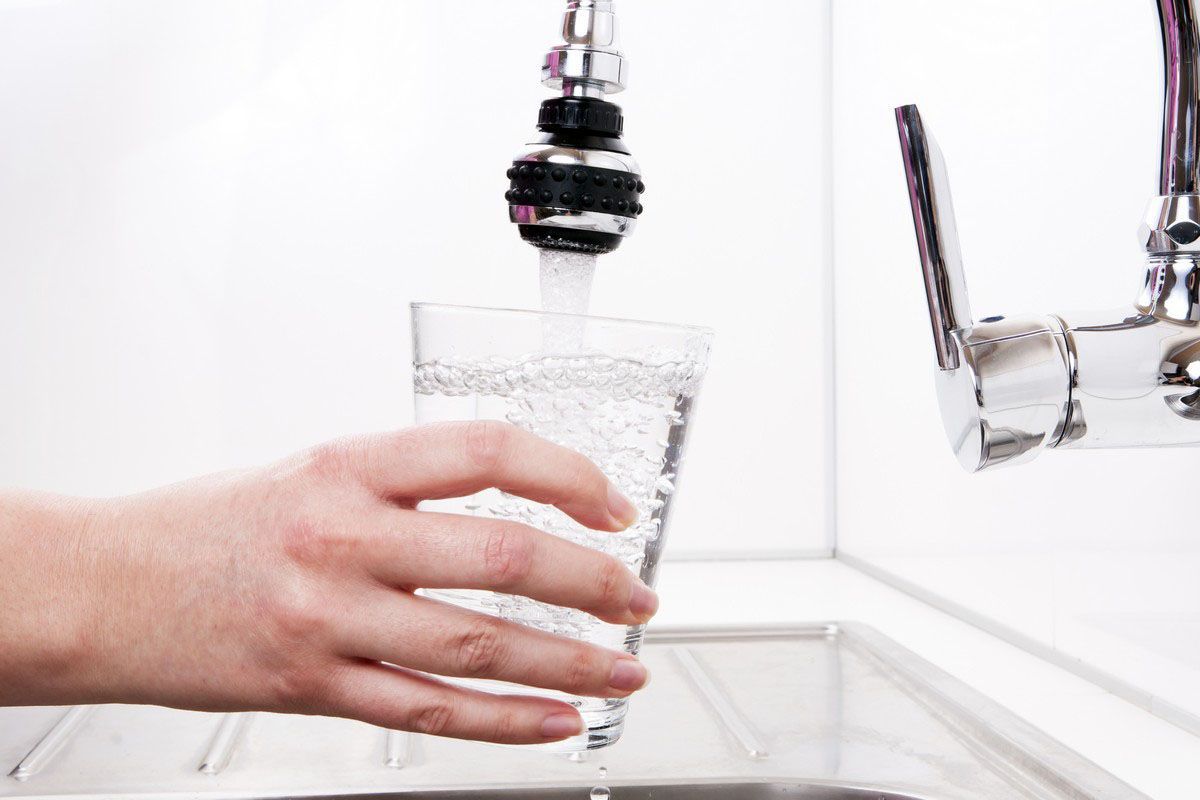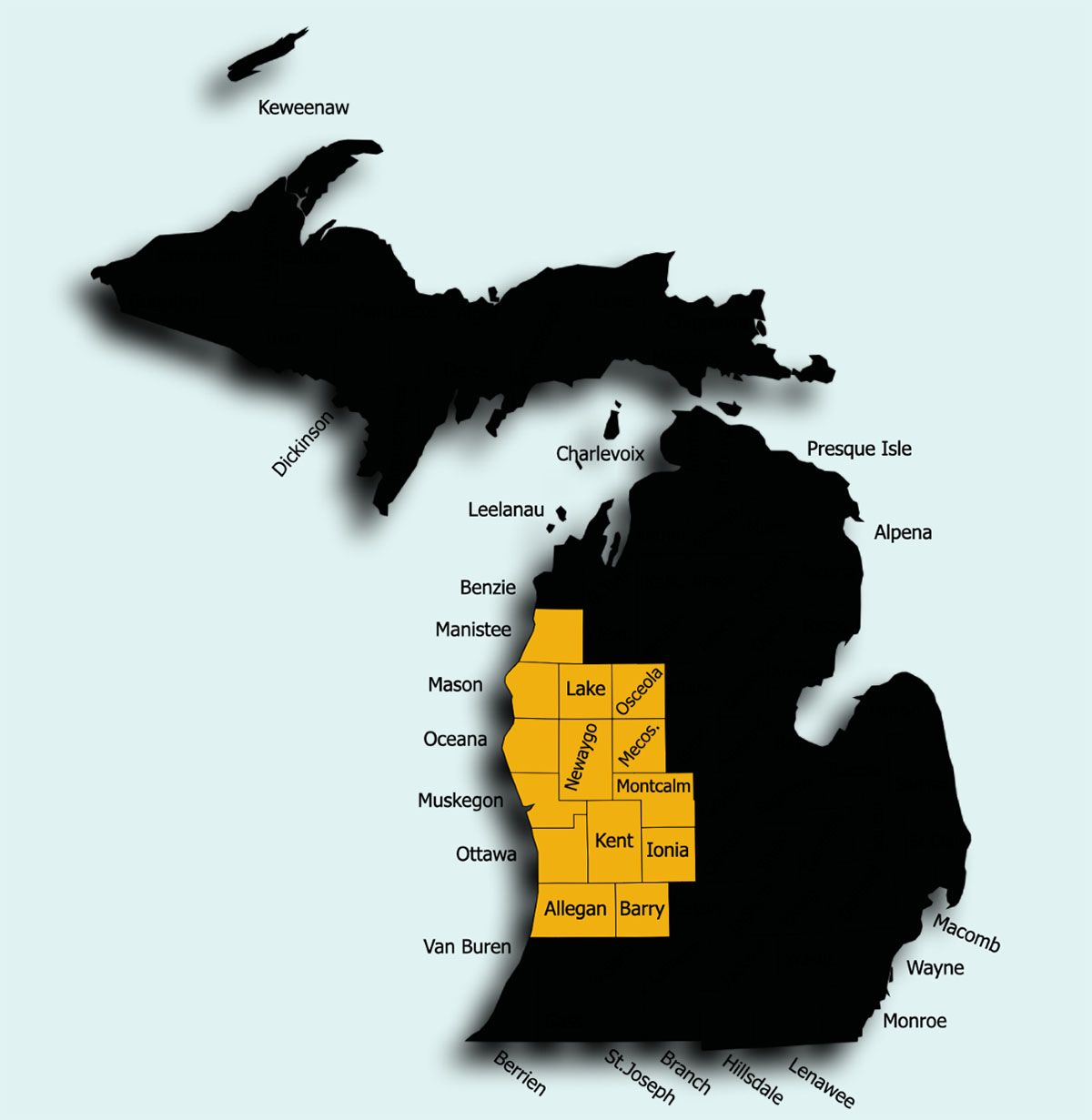Access to clean, reliable water is essential for households, farms, and businesses alike. While municipal water systems serve many communities, some properties are too remote or require a self-sufficient water source. Installing a private well can provide a dependable solution, but careful preparation is essential to ensure the process runs smoothly. Professional well drilling services offer expertise and equipment to create a safe and efficient water system tailored to your needs.
According to IBISWorld, as of 2025, roughly 7,900 water well drilling companies operate across the country, highlighting the accessibility and prevalence of these services. With so many options available, understanding how to prepare for a well drilling project can help you avoid unnecessary costs, delays, and complications. From assessing water needs to maintenance after the well is installed, this guide will walk you through every step of the process, making it easier to plan and execute your project successfully.
Assessing Your Water Needs
The first step in preparing for well drilling is a thorough assessment of your water requirements. Consider the number of people in your household, the volume of daily water consumption, and whether the water will be used for irrigation, livestock, or other outdoor activities. An accurate assessment ensures your well is appropriately sized, avoiding both undersupply and unnecessary extra cost.
In addition to current needs, it is important to anticipate future growth. If you plan to expand your household, add a garden, or increase livestock, water demand may rise over time. Consulting with professionals can help estimate usage and determine the appropriate pump size and casing for long-term reliability. By carefully analyzing your water requirements with the help of a professional, you set a solid foundation for a well that meets your needs now and in the future, while preventing costly mistakes and ensuring efficiency.
Researching Local Regulations
Before you schedule a drilling appointment, it is vital to understand local regulations. Many states and municipalities require permits for well installation, including rules about drilling depth, casing, and water quality standards. Failing to comply with these regulations can result in fines, delays, or even the need to relocate your well, making research an essential step in planning.
Local water departments or state environmental agencies provide resources on licensing, zoning restrictions, and safety requirements. Regulations may include setback distances from septic tanks, chemical storage, or property boundaries to protect water quality. Taking the time to review these guidelines ensures compliance and avoids potential legal and environmental issues. By understanding local rules, you make the process smoother and increase the likelihood of a successful, legally compliant well installation.
Choosing the Right Location
Selecting the optimal location for your well is critical for both water quantity and quality. Groundwater availability varies based on soil type, geology, and natural features, so a poorly chosen site could result in low yields or contamination risks. Engaging professionals for a site survey is highly recommended, as they can evaluate water table levels, soil composition, and potential hazards such as nearby septic systems or chemical storage areas.
Practical considerations also matter: the drilling location should be accessible for heavy equipment, close enough to your home or storage tanks, and positioned to minimize landscaping disruption. For example, placing a well at the lowest point of a sloped property may increase contamination risks, while locating it too far from the home may require extensive piping. By thoughtfully selecting the location, you ensure your well delivers a safe, reliable water supply with minimal long-term complications.
Selecting a Reputable Contractor
Choosing the right contractor is essential to a successful well drilling project. Look for companies with proven experience in your region, proper licensing, and strong customer reviews. Asking for references and reviewing past projects can provide insight into the quality of workmanship and professionalism. Contractors offering comprehensive well drilling services often guide clients through site selection, permits, and post-drilling maintenance, ensuring a seamless experience.
Experience and reputation matter. A well-regarded contractor can anticipate challenges such as hard rock formations, unexpected depths, or local environmental concerns. They can also provide recommendations for pumps, casings, and filtration systems. Selecting a trusted contractor reduces risk, increases efficiency, and guarantees a higher-quality water system that will serve your needs reliably for years.
Preparing Your Property
Property preparation is key to ensuring a smooth drilling process. Clear the drilling area of debris, trees, or structures that could obstruct heavy machinery. Level the ground if necessary, and ensure there is sufficient access for trucks, drills, and water storage equipment. Preparing the site ahead of time minimizes delays and helps protect your landscaping.
It is also important to coordinate with your drilling team regarding safety precautions and equipment placement. Marking the location of underground utilities such as gas, electric, or sewer lines is critical to prevent accidents. Adequate preparation ensures the drilling crew can operate efficiently, safely, and without risk of property damage, making the process faster and more predictable.
Understanding Costs and Budgeting
Well drilling costs can vary widely depending on factors like depth, location, and the type of equipment needed. Typical expenses include drilling, casing, pump installation, and water testing. Since each property and well is unique, it’s important to gather accurate estimates to understand what your project might cost.
The best way to budget effectively is to reach out to multiple professional well drilling services companies for estimates. Providing them with details about your property, water needs, and potential drilling sites allows contractors to give a realistic estimate. Comparing these estimates helps you plan your budget confidently and avoid unexpected expenses, ensuring your well project stays on track from start to finish.
Monitoring the Drilling Process
Once drilling begins, it’s helpful to monitor the process to stay informed and ensure quality. Knowing the stages helps you anticipate potential delays and understand the work being done. Communicating with the drilling team regularly ensures you are aware of water quality tests, equipment placement, and any unexpected challenges.
Monitoring also gives insight into maintenance needs and long-term performance. Conducting water testing during and immediately after drilling ensures safety and confirms that your well meets your requirements. By actively staying engaged during the drilling process, you can address issues early and ensure your professional well drilling services investment delivers safe, reliable water.
Maintaining Your Well Post-Drilling
Ongoing maintenance is essential to keep your well functioning properly and to protect the quality of your water. It’s highly recommended to contact a professional for regular inspections. A qualified contractor can evaluate your system, test the water, and ensure that pumps, casings, and other components are working efficiently.
Early signs of potential problems—like changes in water flow, taste, or pressure—should prompt a call to a professional rather than attempting fixes yourself. Scheduling regular maintenance with a reliable well drilling services company helps catch issues before they become costly repairs. By relying on expert care, you ensure your well remains a safe and reliable water source for years to come, maximizing the longevity and performance of your investment.
Preparing for well drilling services requires careful planning, research, and collaboration with experienced professionals. From assessing water needs to selecting the right location, hiring a qualified contractor, and maintaining the well afterward, each step is crucial to achieving a safe and reliable water supply. Following these guidelines helps homeowners and landowners navigate the process with confidence and efficiency.
Ready to start your water well journey? Count on Wahlfield Drilling Co to guide you through every step of the well drilling process with expertise and care. Contact us today and secure reliable water for your home or farm. Professional well drilling services make access to clean water simple and stress-free.







